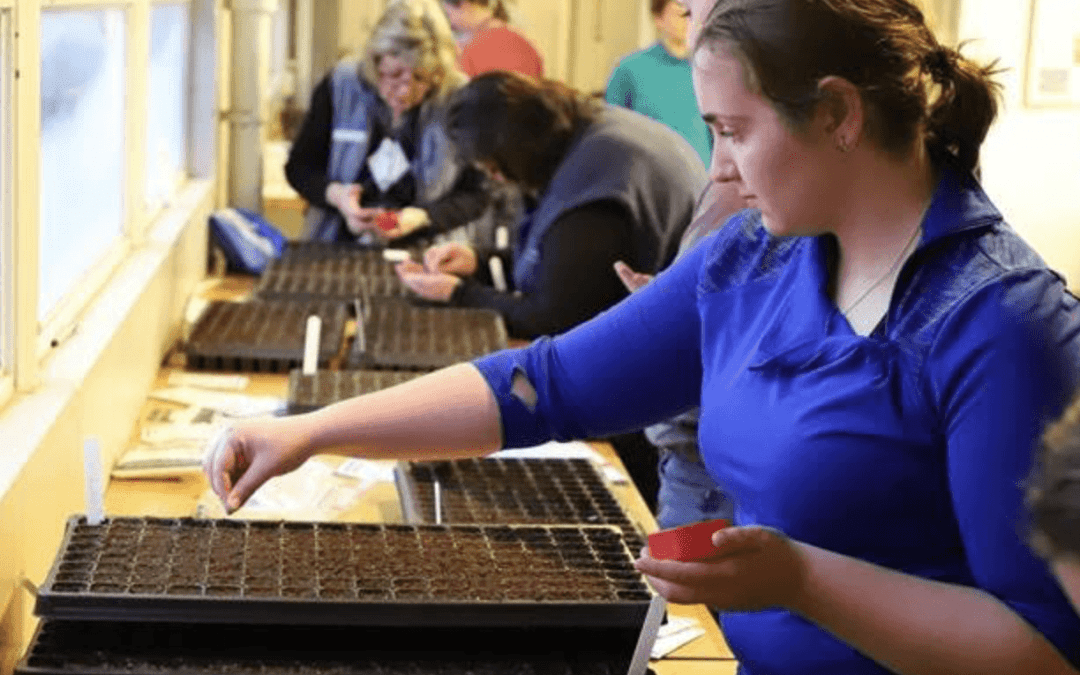My name is Abigail Kerr, I am a Junior Animal Science Major and one of the 2019 Student Farm Interns! How does an animal science student find her way into a plant based program? Firstly, I was looking for a bit of an adventure and to broaden my horizons. Secondly, plant and animal agriculture are so significantly intertwined. I felt that learning about both is an essential component of being a responsible consumer, and potential future producer. This isn’t my first time working in a plant production setting. I first got involved at the PSU Horticulture Research Farms at the beginning of my Sophomore year. I worked at the high-tunnels as a research assistant. However, that was mostly weighing and counting berries along with some maintenance, which while it is an important aspect of food production, I never got to see the broader spectrum of farming.

So far in my time at the Student Farm, I’ve learned about crop selection, field planning, seed starting, transplanting, pest control, nutrient and disease management, and so much more! While I am not absolutely certain of my future career goals, I know that at the very least I will be a consumer of plant products for the rest of my life, and I want to be a responsible consumer. I hope to be involved in animal or crop production in the future, so knowing the ins and outs of healthy, efficient, and sustainable food production is very important to me. Everyone has to eat and needs accessible nutrition, but we also have to be mindful of our impact on the planet. Many agricultural practices only hit one part of the triangle, healthy, sustainable, or efficient. Excessive tilling and fertilization of the soil create bountiful crops, but are hard on the environment. Less tilling means less soil loss, but often means more pesticide and herbicide application, which is not only a possible risk to the consumer, but a definite risk to the people applying the chemicals. Small scale farming like the Student Farm where lots of labor is employed are kinder to the environment and produce less health risks, but have a drop in efficiency due to loss from pests and disease. There certainly has to be a way to compromise. Maybe that is a career to pursue! Research into systems that would be beneficial to both the human population, and the earth we live on.

